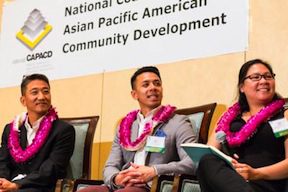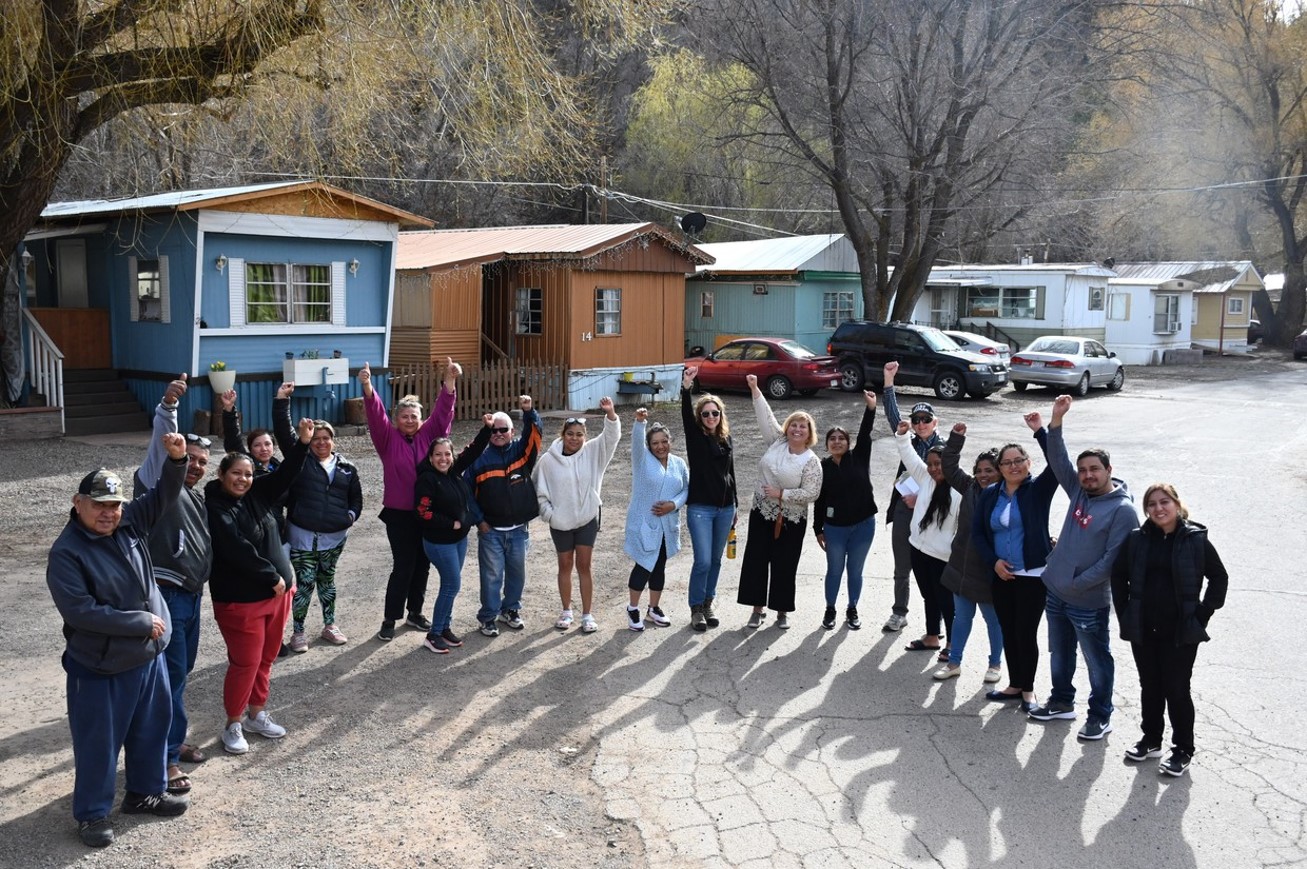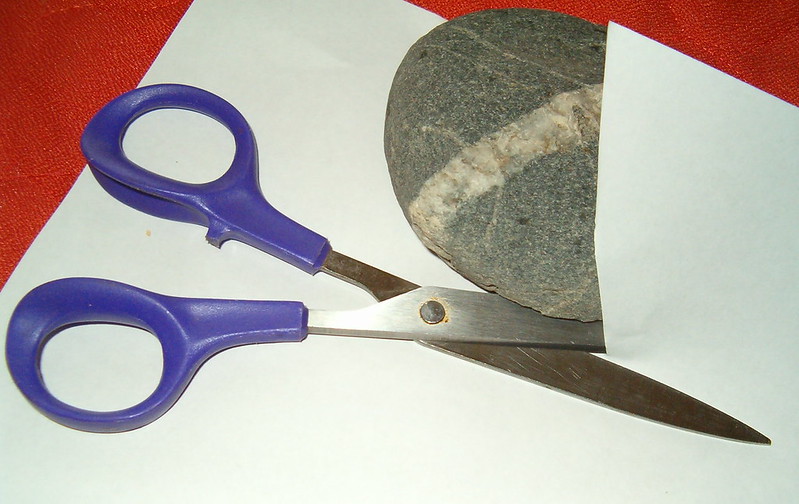Given our national economic climate and the growing recognition of collaborative, place-based and culturally grounded approaches, it is only fitting then that the theme of the National CAPACD 14th Annual Convention was “The Movement for Economic Justice: Changing the Narrative Together,” which requires us to live the theme of the Administration for Children & Families (ACF) Native Grantee Meeting—“Honoring Our Commitments to Native Families and Communities: Today and Tomorrow.”
The National Coalition for Asian Pacific American Community Development (National CAPACD) is a national intermediary dedicated to addressing housing, community, and economic development needs of the Asian American and Pacific Islander (AAPI) communities. ACF’s Administration for Native Americans (ANA) works to support all Native Americans, including federally recognized tribes, American Indian and Alaska Native organizations, Native Hawaiian organizations as well as Native populations in the territories of Guam, American Samoa, and the Northern Marianna Islands, to build their self-sufficiency.
Both of the gatherings thus provided a forum for diverse communities across the nation to come together to discuss the challenges their families are facing—often shared due to systemic and structural issues—and the unique ways each community is taking grassroots and community-based approaches to addressing these challenges.
Many of these approaches are grounded in cultural values, which is also what helps them to resonate across cultures. An exciting ongoing conversation from the National CAPACD convention is how long standing community development organizations could reconnect with their community organizing roots by building relationships with an influx of younger community organizing groups. This sort of intergenerational transfer of knowledge and mentoring are the essence of many of the projects shared at the ACF Native American Grantee Meeting that will help us as we reimagine a regional food system that restores ancestral abundance and knowledge.
Conferences and conventions are always such a bear to put on and those relationships that come out of it are sometimes more important than the workshop sessions themselves. For example, the County of Hawai‘i has begun to learn from the holistic approaches of the Pacific Asian Consortium in Employment (PACE) and the Little Tokyo Service Center, both out of Los Angeles in determining how to provide wraparound financial empowerment services in a way that is place-based and culturally grounded.
An always ongoing question is how do you best create spaces for both structured networking and relationship building? This is a critical question that needs to be addressed with thought and care in the structuring of any convention or conference so that there can be opportunities for support, tough yet honest conversations, inspiration, collaboration for the grassroots organizations that are implementing place-based and cultural-grounded approaches to address family self-sufficiency and resiliency. These are the efforts that will push us towards a truly just system that is relevant as it meets families where they are at to achieve their vision of genuine wealth.





Comments